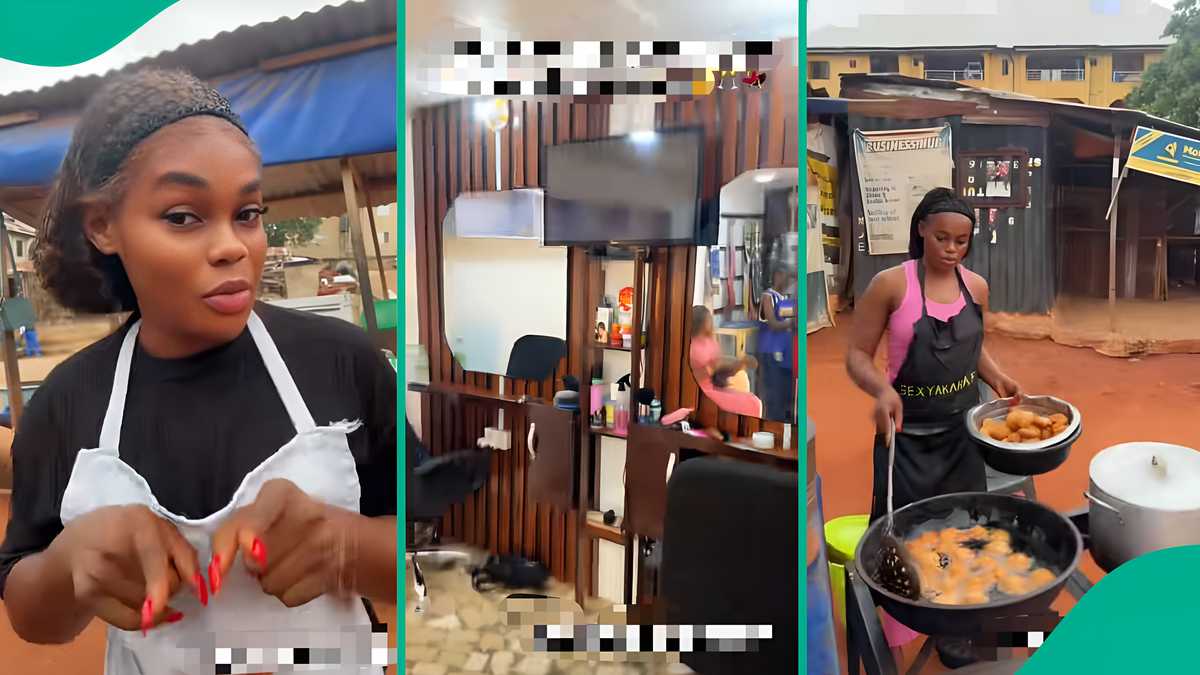
To place an obituary, please include the information from the obituary checklist below in an email to obits@pioneerpress.com. There is no option to place them through our website. Feel free to contact our obituary desk at 651-228-5263 with any questions.
General Information:
Your full name,
Address (City, State, Zip Code),
Phone number,
And an alternate phone number (if any)
Obituary Specification:
Name of Deceased,
Obituary Text,
A photo in a JPEG or PDF file is preferable, TIF and other files are accepted, we will contact you if there are any issues with the photo.
Ad Run dates
There is a discount for running more than one day, but this must be scheduled on the first run date to apply.
If a photo is used, it must be used for both days for the discount to apply, contact us for more information.
Policies:
Verification of Death:
In order to publish obituaries a name and phone number of funeral home/cremation society is required. We must contact the funeral home/cremation society handling the arrangements during their business hours to verify the death. If the body of the deceased has been donated to the University of Minnesota Anatomy Bequest Program, or a similar program, their phone number is required for verification.
Please allow enough time to contact them especially during their limited weekend hours.
A death certificate is also acceptable for this purpose but only one of these two options are necessary.
Guestbook and Outside Websites:
We are not allowed to reference other media sources with a guestbook or an obituary placed elsewhere when placing an obituary in print and online. We may place a website for a funeral home or a family email for contact instead; contact us with any questions regarding this matter.
Obituary Process:
Once your submission is completed, we will fax or email a proof for review prior to publication in the newspaper. This proof includes price and days the notice is scheduled to appear.
Please review the proof carefully. We must be notified of errors or changes before the notice appears in the Pioneer Press based on each day’s deadlines.
After publication, we will not be responsible for errors that may occur after final proofing.
Online:
Changes to an online obituary can be handled through the obituary desk. Call us with further questions.
Payment Procedure:
Pre-payment is required for all obituary notices prior to publication by the deadline specified below in our deadline schedule. Please call 651-228-5263 with your payment information after you have received the proof and approved its contents.
Credit Card: Payment accepted by phone only due to PCI (Payment Card Industry) regulations
EFT: Check by phone. Please provide your routing number and account number.
Cash: Accepted at our FRONT COUNTER Monday – Friday from 8:00AM – 3:30PM
Rates:
The minimum charge is $162 for the first 10 lines.
Every line after the first 10 is $12.20.
If the ad is under 10 lines it will be charged the minimum rate of $162.
On a second run date, the lines are $8.20 per line, starting w/ the first line.
For example: if first run date was 20 lines the cost would be $164.
Each photo published is $125 per day.
For example: 2 photos in the paper on 2 days would be 4 photo charges at $500.
Deadlines:
Please follow deadline times to ensure your obituary is published on the day requested.
Hours
Deadline (no exceptions)
Ad
Photos
MEMORIAM (NON-OBITUARY) REQUEST
Unlike an obituary, Memoriam submissions are remembrances of a loved one who has passed. The rates for a memoriam differ from obituaries.
Please call or email us for more memoriam information
Please call 651-228-5280 for more information.
HOURS: Monday – Friday 8:00AM – 5:00PM (CLOSED WEEKENDS and HOLIDAYS)
Please submit your memoriam ad to memoriams@pioneerpress.com or call 651-228-5280.
Seven years ago, when I was a nonpartisan advocate for girls and women, I faced a startling question from a supportive Senate staffer: “Have you considered helping boys? They really need our help now.”
I resisted the urge to cringe. Instead of dismissing her point, I dived into the research and discovered a real, mostly ignored crisis facing boys and men. There was another surprise in the data: Liberal parents are uniquely positioned to make progress.
Women have fought hard for progress and personal freedom, breaking down barriers for women and girls, and that’s worth celebrating. But boys and men are facing crises that have been ignored for too long, and it’s time we extend our empathy to them and support efforts today for more compassion and resources being directed their way. We should champion efforts like Gov. Gavin Newsom’s recent executive order aimed at addressing the growing crisis of suicide and social disconnection among boys and young men. Because if we root for only one sex to win, both sexes will lose.
A Brookings report highlights that both conservative and liberal parents — both mothers and fathers — express greater concern about the futures of their sons than those of their daughters.
Curiously, when asked about children in general — not their own — conservatives were more concerned about boys than about girls, and liberals expressed greater concern for girls.
This disparity underscores a blind spot: Liberal parents must recognize that the struggles of boys are not just isolated issues affecting their individual families; the experiences reflect a systemic bias that demands our attention.
Today, we face a significant gender gap in education. In colleges across the United States, nearly 60% of students are women. The gender gap in higher education is now wider than it was when Title IX was enacted in 1972, but flipped in the opposite direction. Yet, where is the national campaign to address this imbalance?
Why aren’t we working to bring this back to center? Why have we abandoned “equality”?
Women now earn the majority of associate’s, bachelor’s, master’s and doctoral degrees, yet efforts to boost female achievement still often overshadow the need to support men.
Instead of questioning what’s “wrong” with boys, we should be examining the systems that are failing them. Our education system may not be designed to align with the general nature of boys, many of whom thrive in environments that encourage active engagement, hands-on learning and flexibility.
The crisis extends beyond boys’ education to adult men’s mental health, loneliness and well-being. Men are four times more likely to die by suicide than women and make up 71% of drug overdoses, yet our cultural narrative often blames their reluctance to “open up” or points to “toxic masculinity” as the root cause.
Men’s health, in general, is another area where disparities are stark. The United States has eight federal offices dedicated to women’s health — and none for men. The data would seem to point policy makers in the other direction: Men have worse health outcomes than women, experiencing more illness and dying younger.
This imbalance speaks volumes. If we truly value the health and well-being of the boys and men in our lives, we must advocate for federal and state initiatives that address men’s health.
The challenges facing boys and men today are interconnected, spanning education, mental health, physical well-being, the family court system and societal narratives. They are the results of a confluence of events, including cultural and technological changes that have disproportionately hit men and boys.
To address these disparities, we need leaders — women and men, Republicans and Democrats — who will champion equitable resources and systemic reforms.
The starting point has to be to think big. We must build an education system that nurtures the potential of all students, a mental health system that provides compassionate and effective care, and a healthcare system that recognizes the unique needs of boys and men.
And at the cultural level, we should rethink narratives that blame and shame our boys. It’s time to find compassion for boys and men.
A shift in public perspective is overdue, and progress can accelerate if women — particularly those with liberal values — champion this cause, because the future isn’t female: The future is everyone.
Lisa Britton of Los Angeles is a writer for Evie magazine and an advocate for boys, men and fathers. She wrote this column for the Los Angeles Times.



